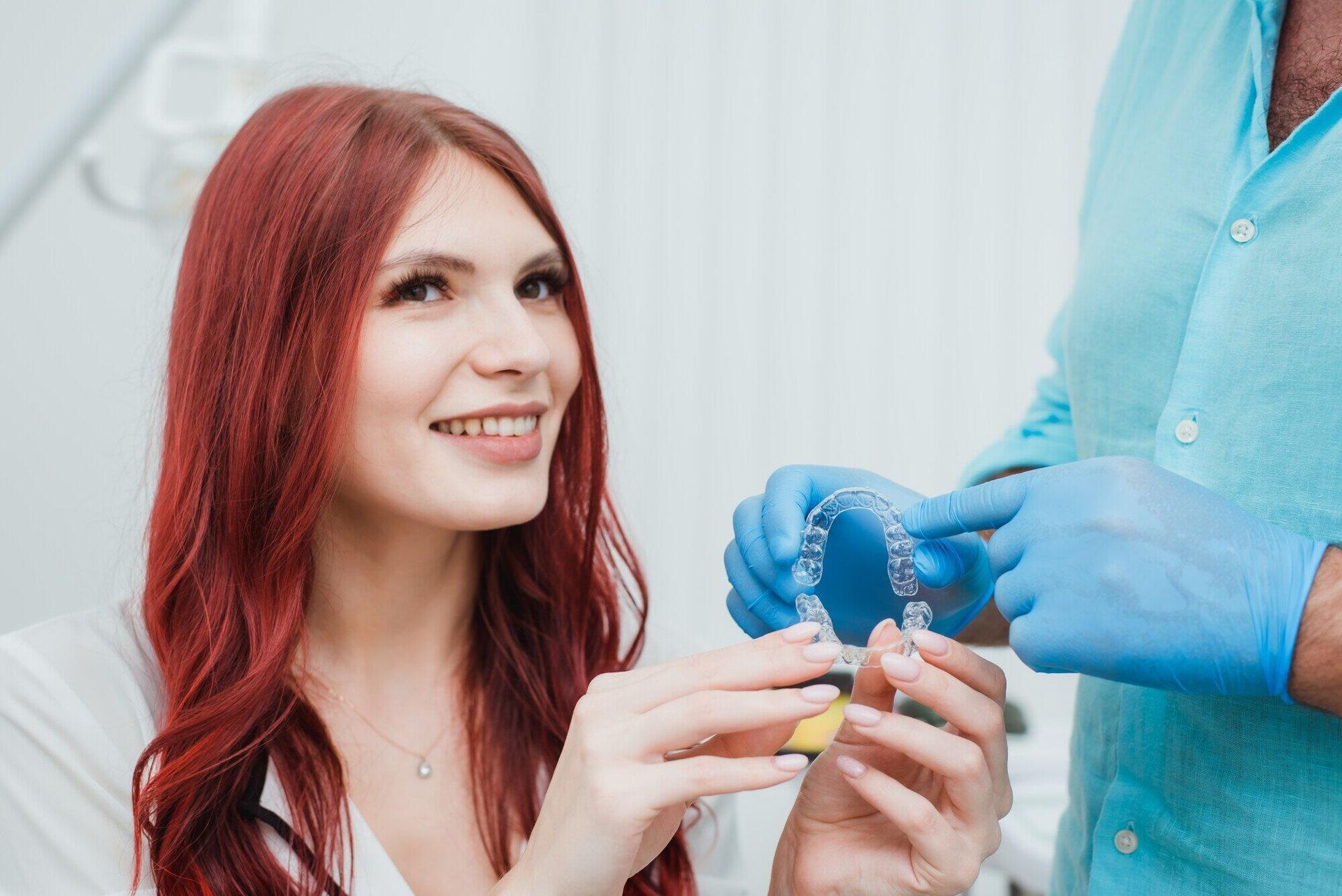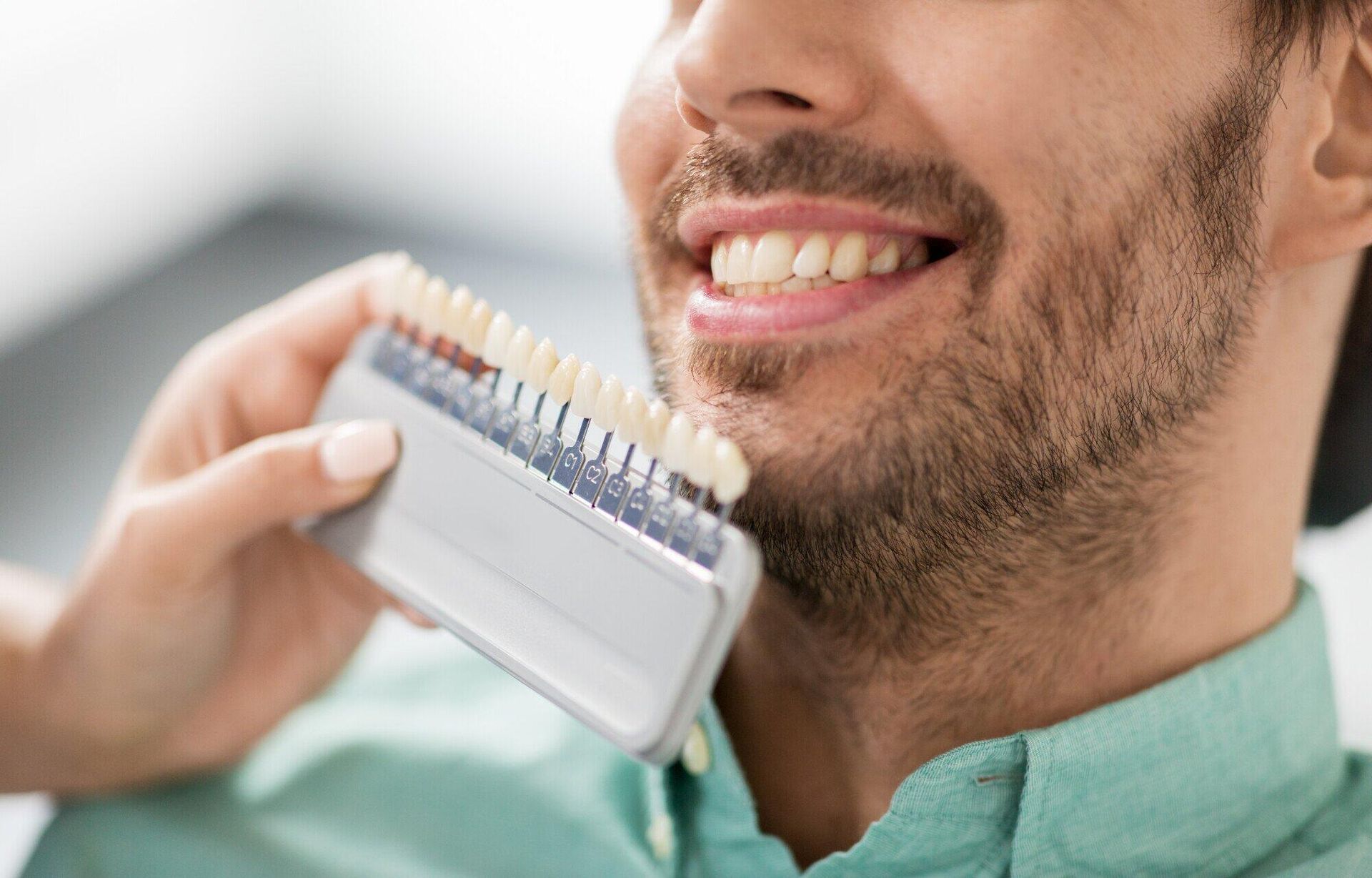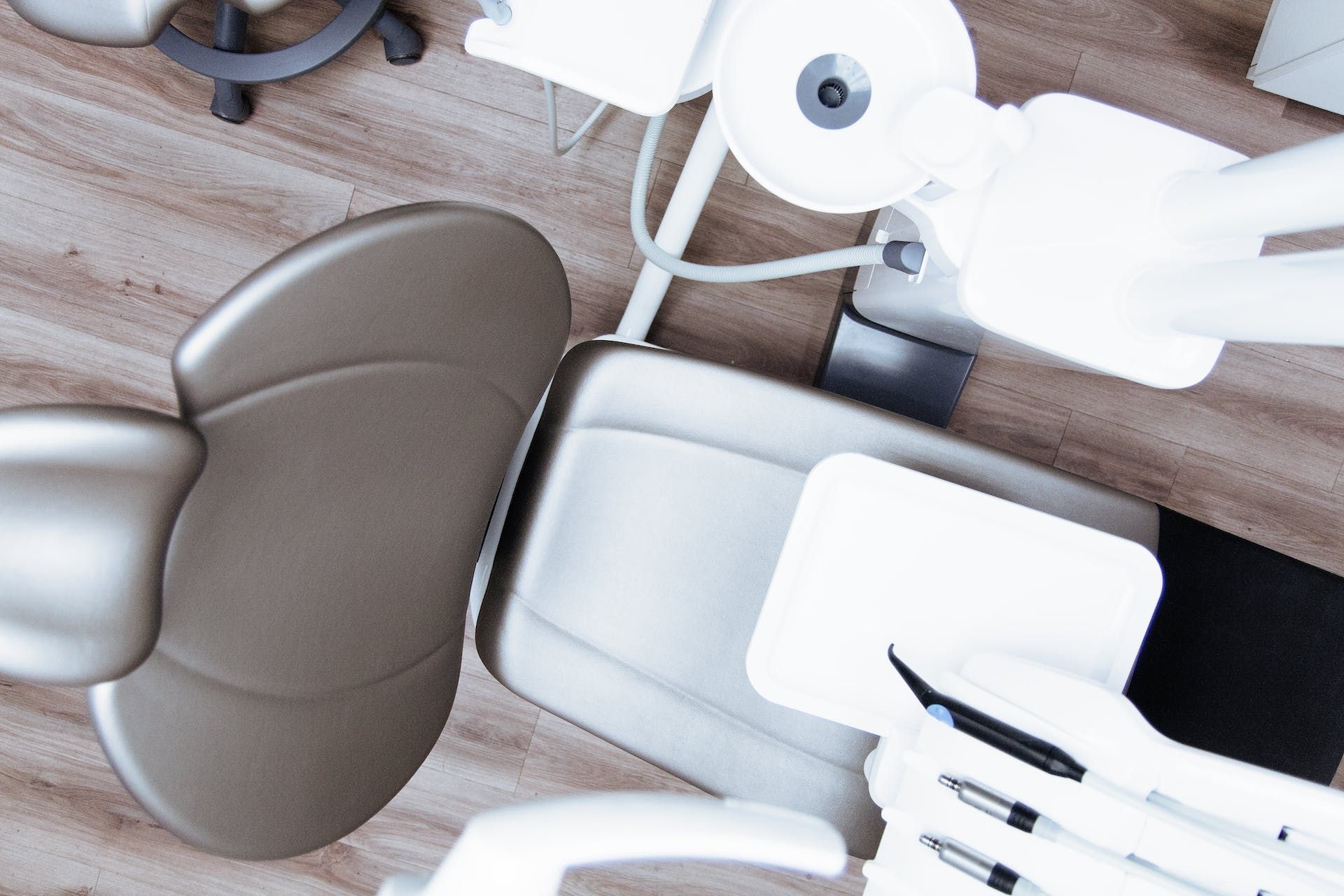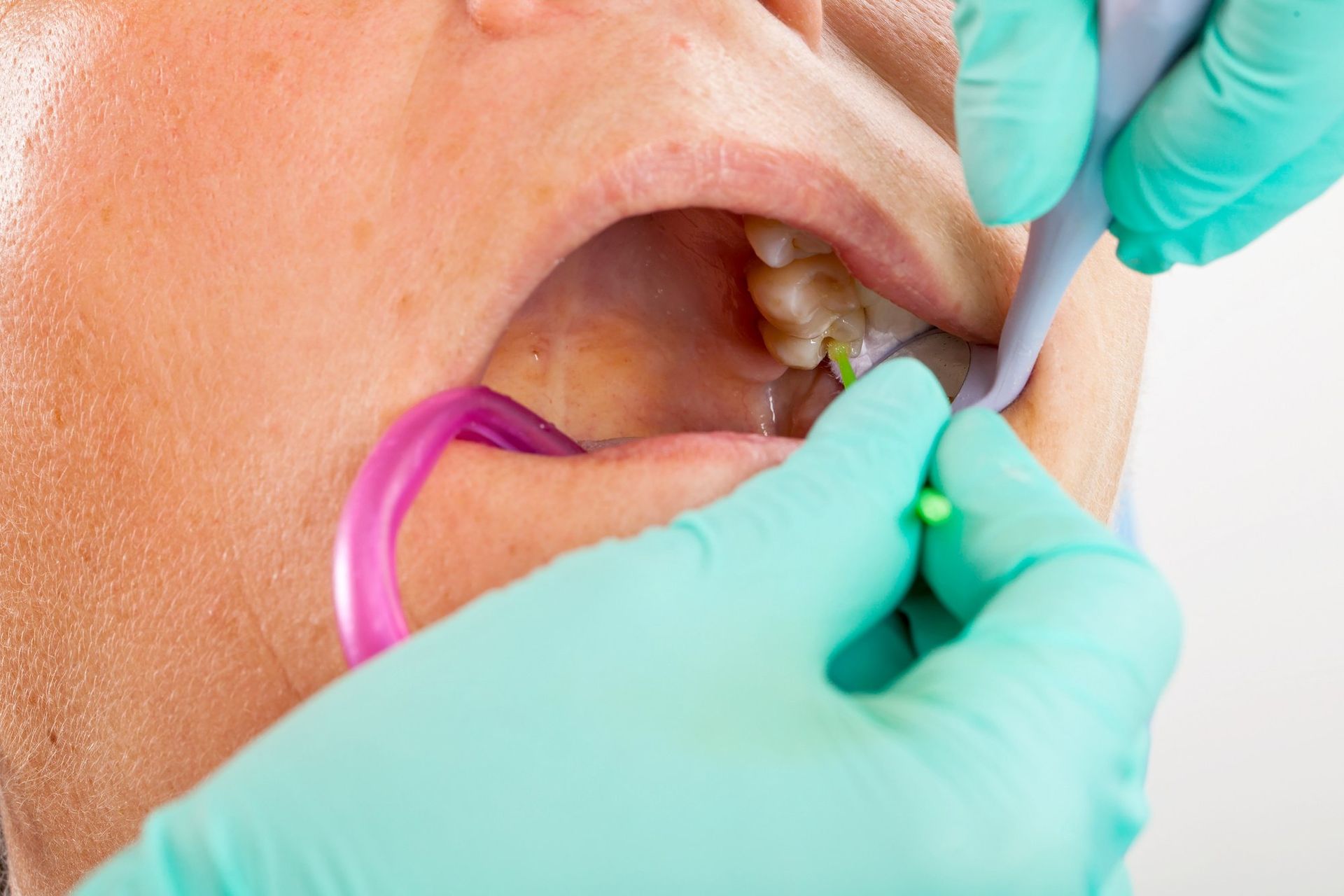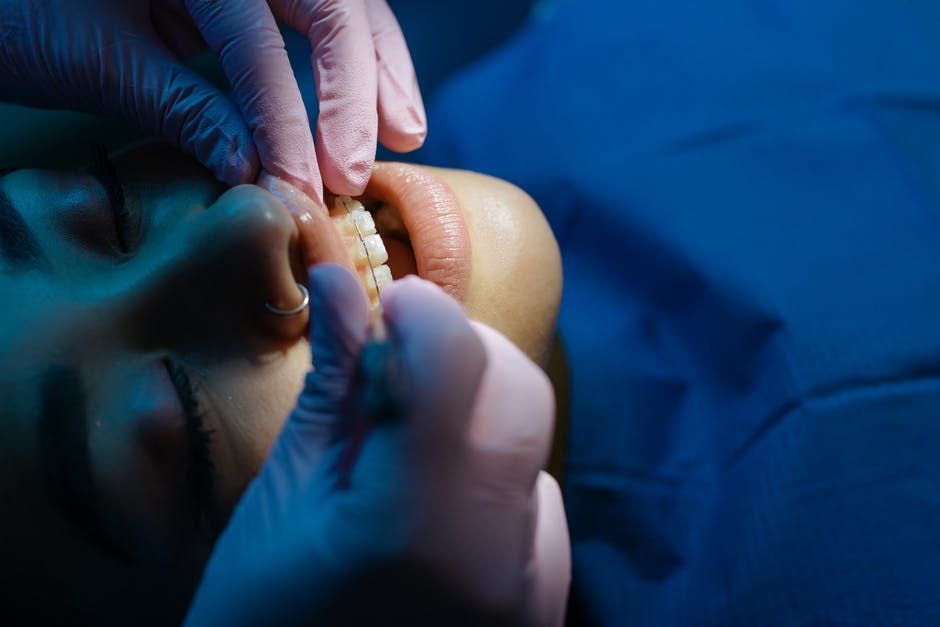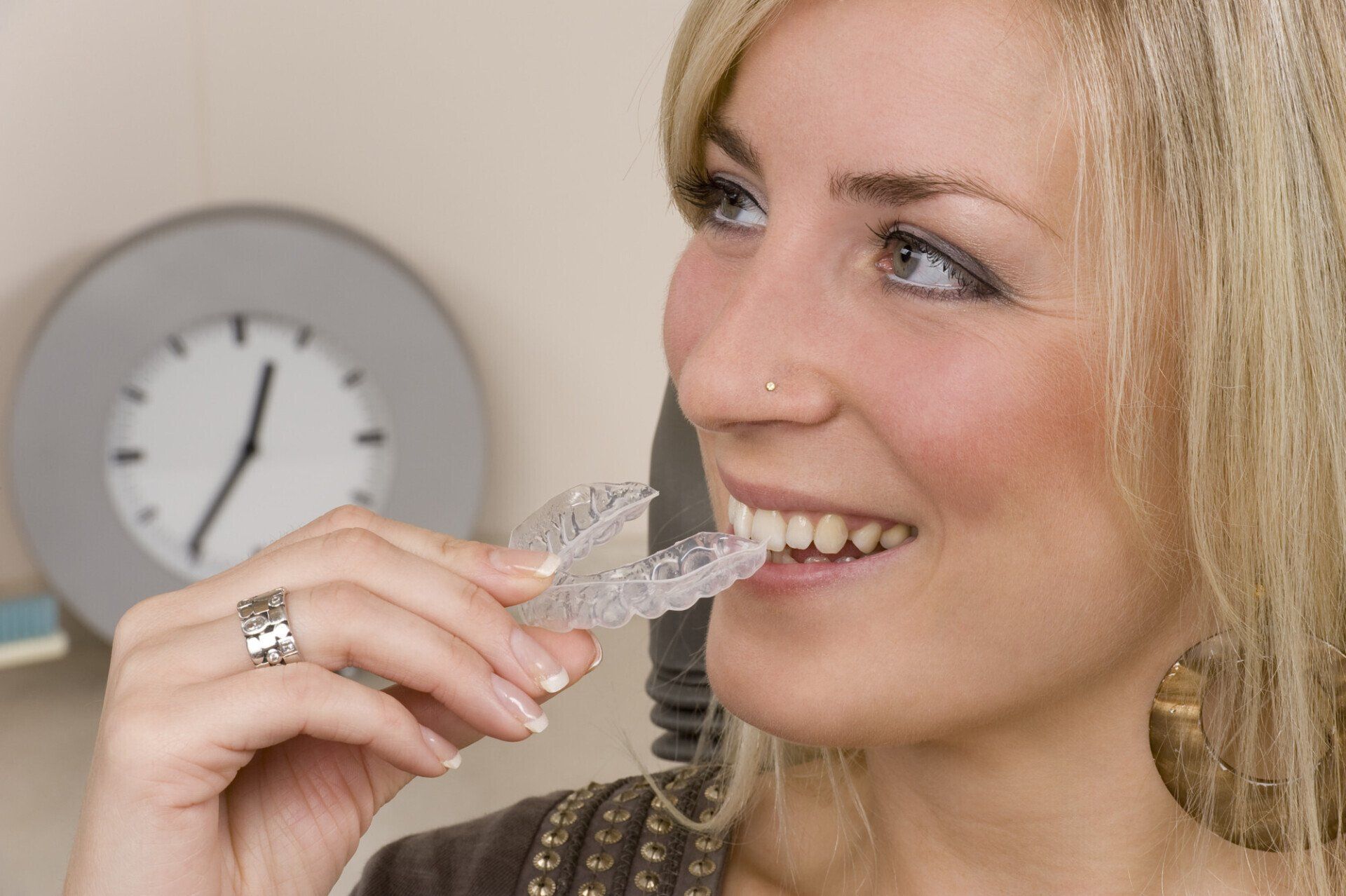Now, let's address any problems you might be having with your implants. In general, good health, hygiene, and lifestyle choices will increase the success rate of implants. Here are some common dental implant problems and their causes.
Infection
Infection is the
most common complication
of any surgery. No matter how well the procedure area is disinfected, there's still a chance of bacteria or other foreign material entering the wound.
This is doubly true of dental procedures since your mouth is loaded with over
700 species of bacteria. So, while it's possible that the dentist is to blame for postoperative infection, it could also just be bad luck.
Furthermore, there are other conditions that increase your chance of infection after the implant procedure. Most of the time, it's improper dental care before or after the procedure that increases your risk of infection
For example, gum disease is an infection in and of itself. If you have gum disease prior to the procedure, the infection may spread to your freshly-wounded surgery area. Alternatively, infection can occur when patients fail to obey the dentist's post-surgery care instructions.
Improper Healing
Slow or improper healing can be caused by many factors including certain health conditions and lifestyle choices. Some of the most common causes are:
- Heavy smoking/drinking
- Cancer
- Autoimmune disease
- Arthritis
- Diabetes
- Improper dental hygiene
- Dentally unhealthy diet
These conditions decrease your body's ability to heal, which prevents osseointegration. Osseointegration is the process in which the implant becomes fused to the jawbone permanently. Unsuccessful osseointegration will eventually cause the implant to come loose or fall out completely.
Not Enough Bone
Another condition that can hinder osseointegration is insufficient jaw bone or poor bone density. Oftentimes, when a tooth has been missing for several months or years, the bone underneath will erode.
In fact, protecting against this bone loss is one of the
benefits of dental implants. Still, when this erosion has gone on for a long time before the implant is put in, there may not be enough bone left to fuse with the implant.
In this case, the dentist should perform a bone graft before attempting the implant. If the implant is attempted anyway, it can't solidly anchor itself to the bone and will most likely come loose.
Other conditions, like osteoporosis, can cause the jaw bone to become less dense. When the bone density is too low, the implant won't fuse.
Allergies/Foreign Body Rejection
Lastly, sometimes the body just won't accept the implant. In many transplant/prosthesis procedures, it happens sometimes that the body's immune system attacks the foreign body the doctor is attempting to install. When this happens, it's possible that the body will never accept the implant.
On the other hand, the patient may simply be allergic to some material the implant is made of, such as titanium alloy. Quite commonly, the patent isn't even aware of the allergy until the procedure is performed. If an allergy is to blame, it's possible the dentist can use an implant made from other materials.


